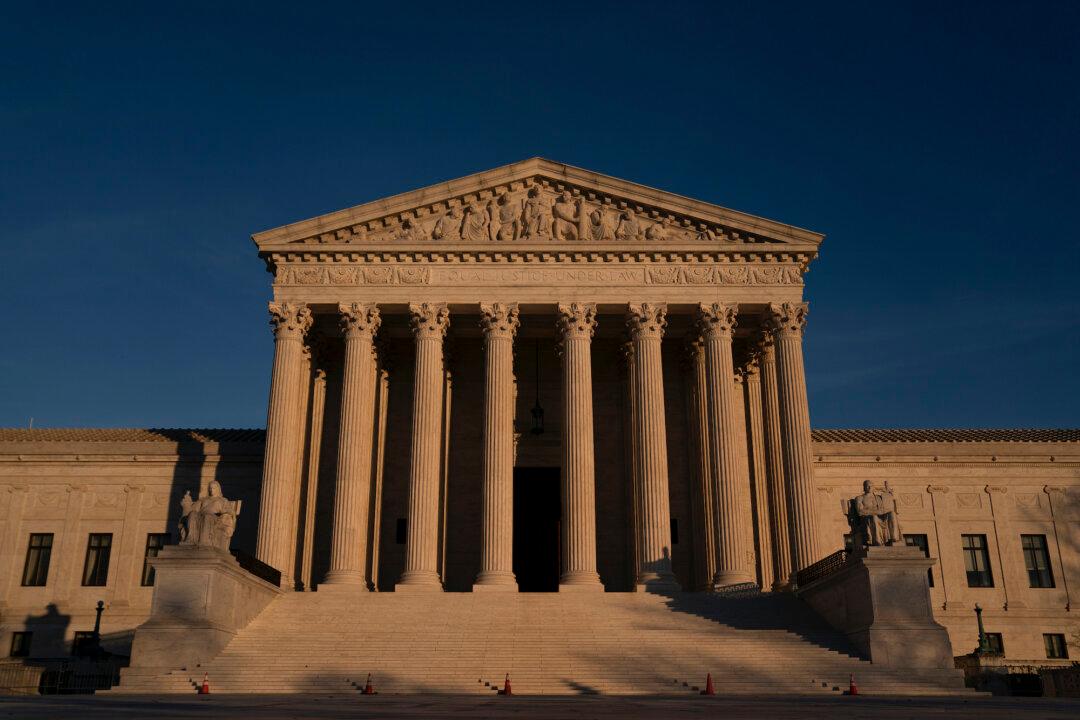The Supreme Court on Feb. 26 told California’s Santa Clara County that it may not enforce a ban on indoor religious services in response to the CCP virus pandemic.
Earlier this month, the Supreme Court told California that indoor church services cannot be banned because of the pandemic. The justices at the time allowed the state to cap attendance to 25 percent capacity and to prohibit singing and chanting





